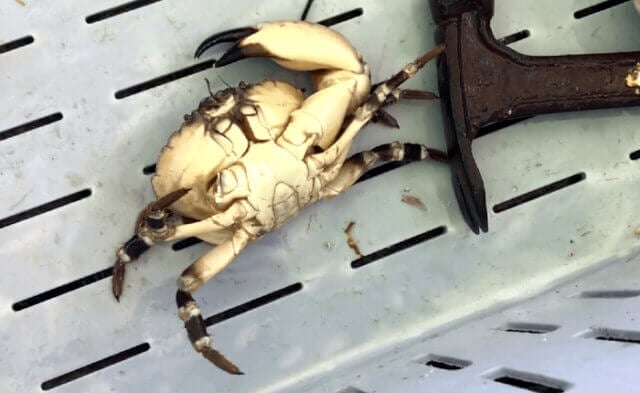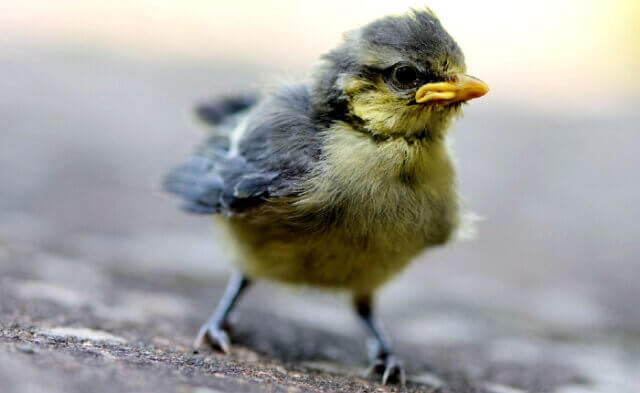Approximately 46 million turkeys are killed for Thanksgiving every year in the U.S. Many Americans even refer to the holiday as “Turkey Day” and devour them piece by piece—giblets, gizzards and all. I agree that there should be a day dedicated to turkeys, but it should celebrate their winsome personalities and other interesting characteristics, not the taste of their flesh. Before you baste and bake another turkey, consider that these birds are sentient individuals who enjoy having their feathers stroked, gobbling along to music and playing together.
When they’re not confined on filthy factory farms, turkeys spend their days taking dust baths, raising their families, building nests and roosting in trees. When they wake up in the morning, one of them starts a series of soft yelps, much like a roll call, to make sure the rest of the group is safe and accounted for.
Turkey hens are devoted mothers who take meticulous care of their young. In nature, baby turkeys, or “poults,” stay with their mothers—who courageously defend them against predators—for at least five months.
Karen Davis, who founded United Poultry Concerns in Virginia and spent much of her life providing turkeys and other birds with sanctuary, said that poults “talk” to their mother and siblings while they’re still inside their eggs. Turkeys have at least 20 different vocalizations. They even have regional dialects, much as humans do, so turkeys from the U.S. “speak” differently than those from the U.K.
When poults need warmth and comfort, their mother opens her wings so they can huddle beneath them. When a poult gets lost, they call out to their mother, and when she answers, they call back in relief, flap their wings joyously and run to be reunited with their family.
Turkeys enjoy spending time with kindhearted humans, too. At some sanctuaries, rescued birds rush to greet the guests, hoping for treats and affection. They trill turkey songs to visitors and have been known to fall asleep in their laps while being petted.

People who work at sanctuaries say that turkeys are “natural detectives” because the inquisitive birds are always checking out new sights and smells. They can even remember specific information about an area as large as 1,000 acres just by exploring it with their beaks.
Turkeys are friends, not food. Instead of calling Thanksgiving “Turkey Day” because millions of these smart, social birds are eaten then, why not call it “ ThanksVegan”? You can celebrate by spending time with your loved ones and enjoying tasty vegan turkey or another vegan main dish, such as a savory pot pie or stuffed squash with roasted root vegetables. It’s easy to whip up vegan versions of traditional holiday favorites, including mashed potatoes, stuffing, green bean casserole and pumpkin pie.
With all the festive vegan options available, there’s no good excuse to eat turkeys or other animals for Thanksgiving or at any other time of the year. Have a happy and humane holiday!
Heather Moore is a senior writer for the PETA Foundation, 501 Front St., Norfolk, VA 23510; www.PETA.org.





